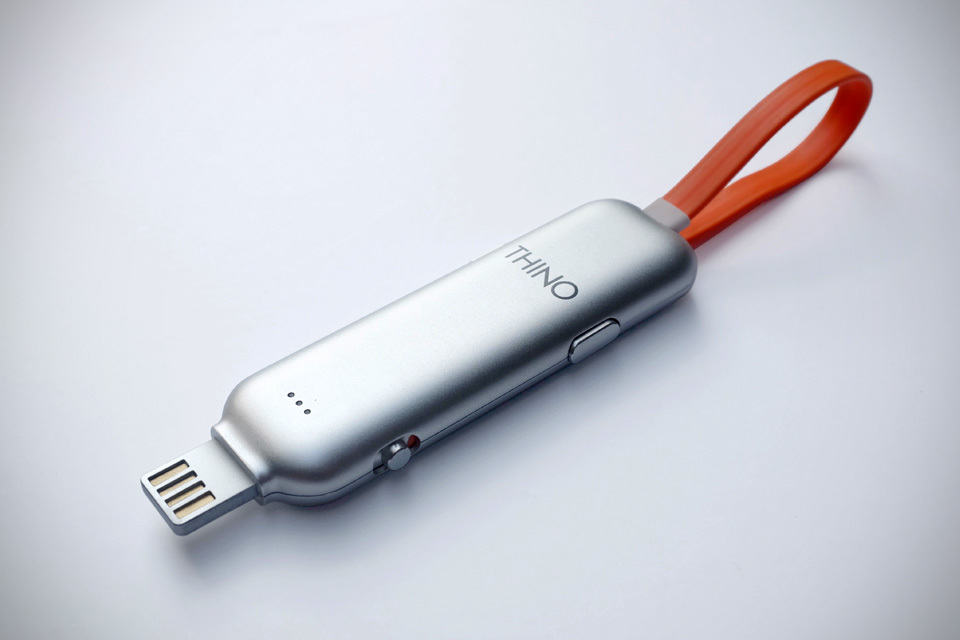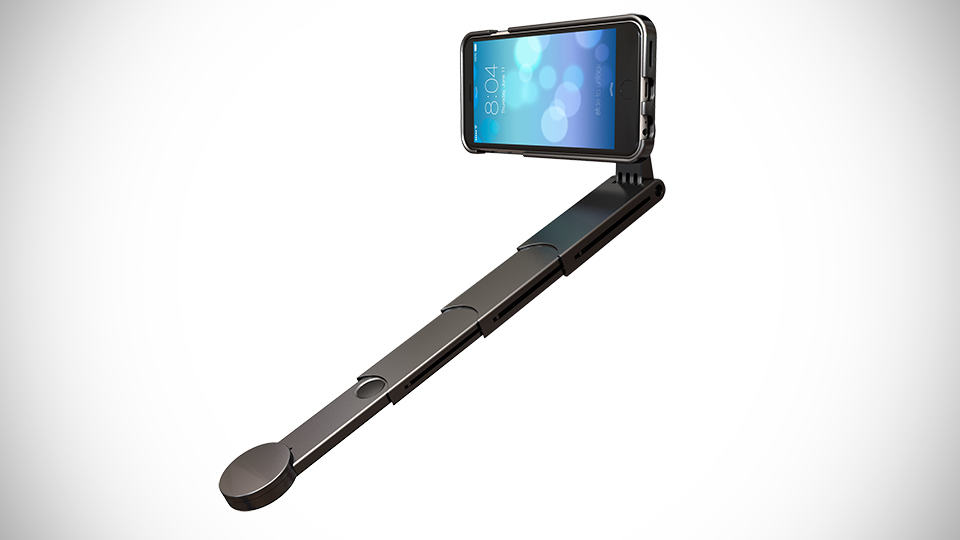Living in city is a blessing. We have instant access to cellular networks, 4G data, WiFi and all. You know, all those things modern day Homo sapiens’ life depends on. So, the mere thought of going out of grid can be a rather scary prospect, but it shouldn’t be, if you have a device like Sonnet. So, what the hell is Sonnet, you ask? Well, think walkie-talkie and you get the idea. Except that, your smartphone is the walkie-talkie that allows you to text, send voice recordings and images, and let you in on your current position.
Sounds like too good to be true? Actually, it is kind of, in some way. Sonnet is real and the concept it is based on is not the newest, but the thing is, Sonnet depends on other Sonnet which can be kind of revolutionary. More on that latter. Anywho, what Sonnet does is it leverages on long-range wireless communication technology, specifically, a two-way radio, to enable you and another Sonnet to exchange data for a distance of up to 3 miles (5 km). That’s it. It is that simple.
However, simple as it is, it does requires at least one other Sonnet to actually work and obviously, it does not makes sense if another Sonnet is just right next to you. In other words, the more Sonnet there is, the more effective is this cell-tower free solution would be. Having said that, a technology like Sonnet could threaten telecommunication services. I mean, just imagine if everyone uses Sonnet, then no would ever need to pay for cell service anymore, well, theoretically speaking, that is. We do, however, need data connection to the outside world to satisfy our need for Internet, and also Netflix.
Like I said, Sonnet proposition isn’t new, but what’s interesting is, it promised industry-standard encryption technologies and so there should be no risk of your data being hitched while being relayed from Sonnet to Sonnet. Other notables include a dust and water resistant construction (IP66), offline maps with support for virtual breadcrumbs, panic button to broadcast your current GPS position and send distress message, and a USB port, so Sonnet can share its 4,000 mAh battery with small USB-powered devices such as your smartphone.
However, you probably won’t want to do that until absolutely necessary because, at its full capacity, the device, i.e. Sonnet, is just enough for 24 hours use if it runs continuously. Oh, one more thing: it works without the need to installing any app. At this point, Canada-based Sonnet is hoping to secure funds to take Sonnet to production through crowdfunding platform Kickstarter. For as low as $89, a pair of Sonnet could be yours, but like any Kickstarter endeavor, that’s only if the campaign meets its set funding goal.
Images courtesy of Sonnet Labs.



